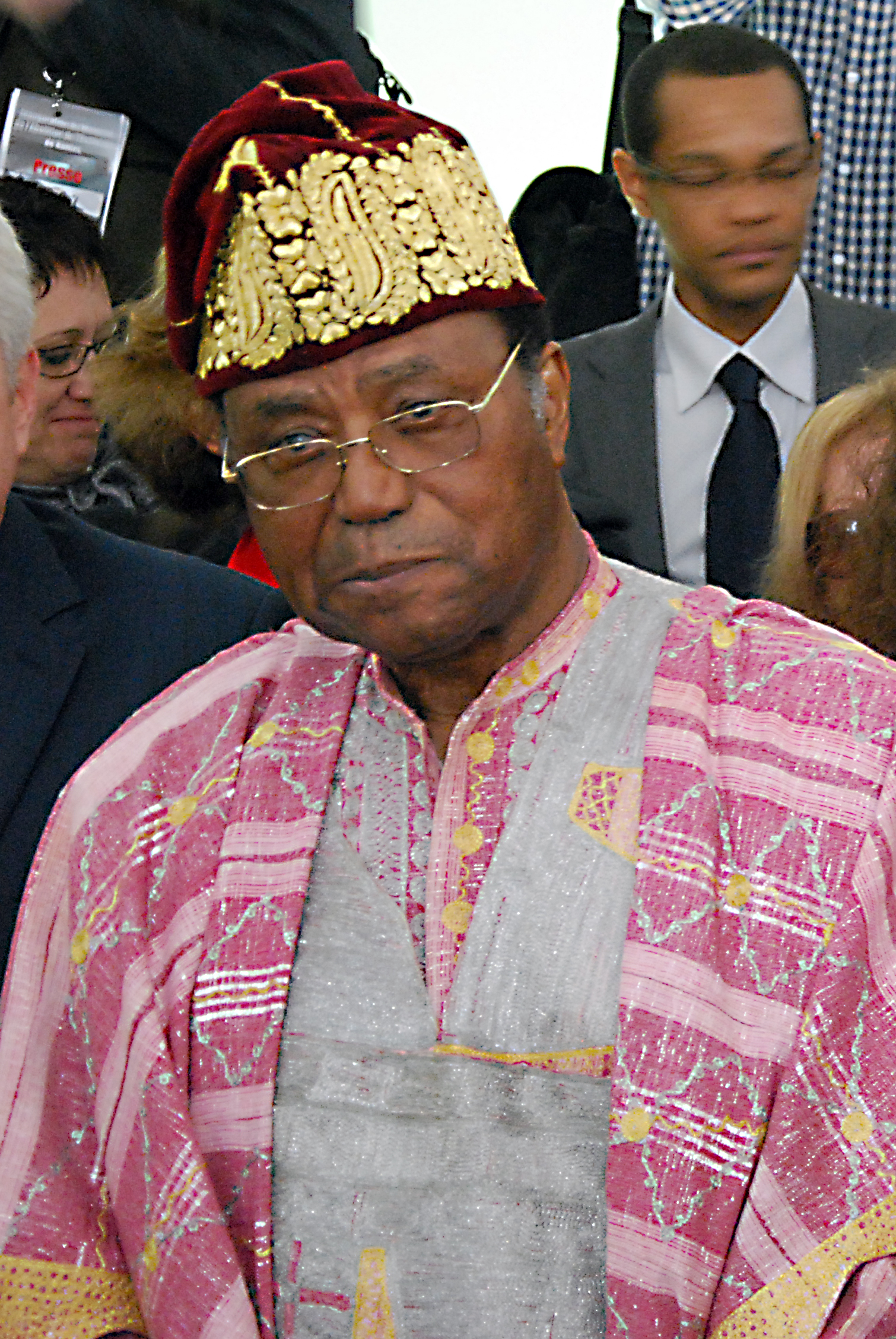
In a heartfelt statement released on July 16, 2025, former minister Ganiou Soglo has sharply criticized the repeated use of his father, ex-President Nicéphore Dieudonné Soglo’s image, in political communications.
Posting on Facebook, he denounced what he described as the “political instrumentalization” of his father, warning against exploiting the former president’s vulnerability for partisan gain.
“My father, President Nicéphore Soglo, left his mark on the history of our country with his commitment, his courage and his vision,” Ganiou Soglo affirmed. However, he expressed “deep sadness” at seeing his father featured in numerous videos circulating on social media in recent months, often under circumstances where his free will may no longer be guaranteed.
Central to his concerns is the presence of individuals accompanying the former leader during his recent visits to various public works and construction sites.
Ganiou Soglo accused these actors of “instrumentalization for dubious media purposes,” branding their actions as “abuse of weakness” and “unworthy exploitation of an elderly person for shameful propaganda purposes.”
The former president has made several high-profile appearances this year, including visits to the new city of Ouèdo, the Vodun Museum construction site in Porto-Novo, the Sèmè-Porto-Novo road axis, and the National Assembly’s new headquarters.
On July 11, he was also seen revisiting the International Conference Center in Cotonou, a landmark he originally inaugurated in 1994.
Ganiou Soglo cautioned that these visits may not fully reflect his father’s voluntary engagement, noting: “Out of loyalty or fatigue, he can no longer always fully express his will.” He called for respect for his parents’ legacy, referencing his late mother, Rosine Soglo, who “left this world with dignity.”
Concluding his statement, Ganiou issued a stern warning: “Any further attempt to use former President Soglo for propaganda purposes will be considered a malicious act with all the consequences that this will entail.” He pledged to safeguard his parents’ names from being “used for purposes unrelated to their commitments and beliefs.”
The statement underscores ongoing tensions around political symbolism in Benin’s public life, raising questions about respect and agency for elderly statesmen amid the country’s shifting political landscape.



